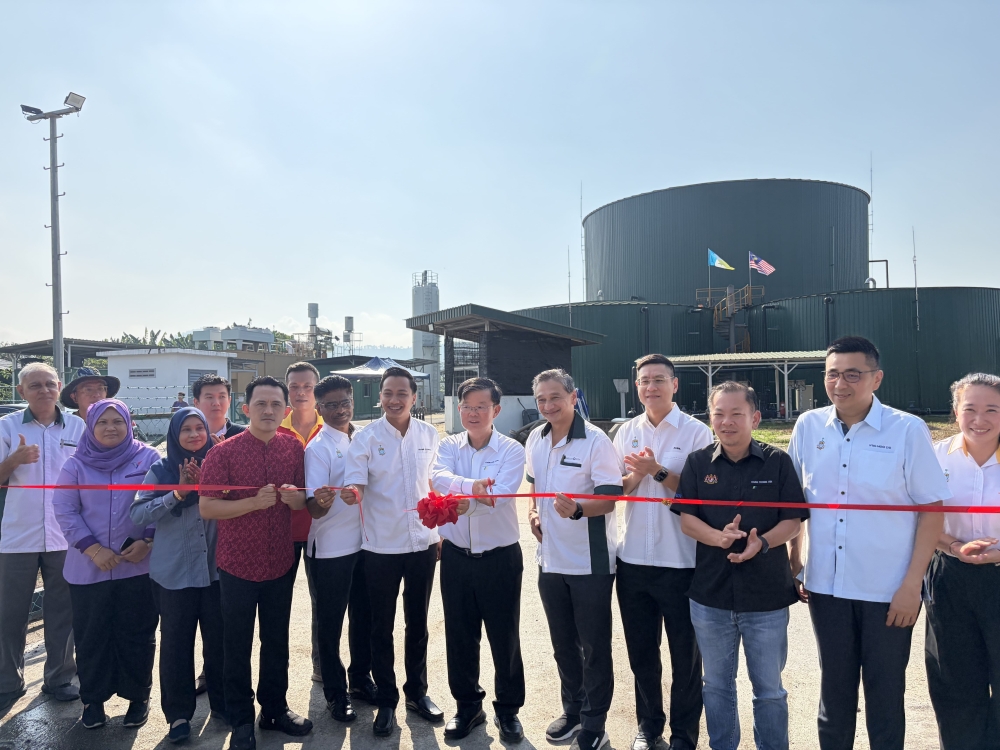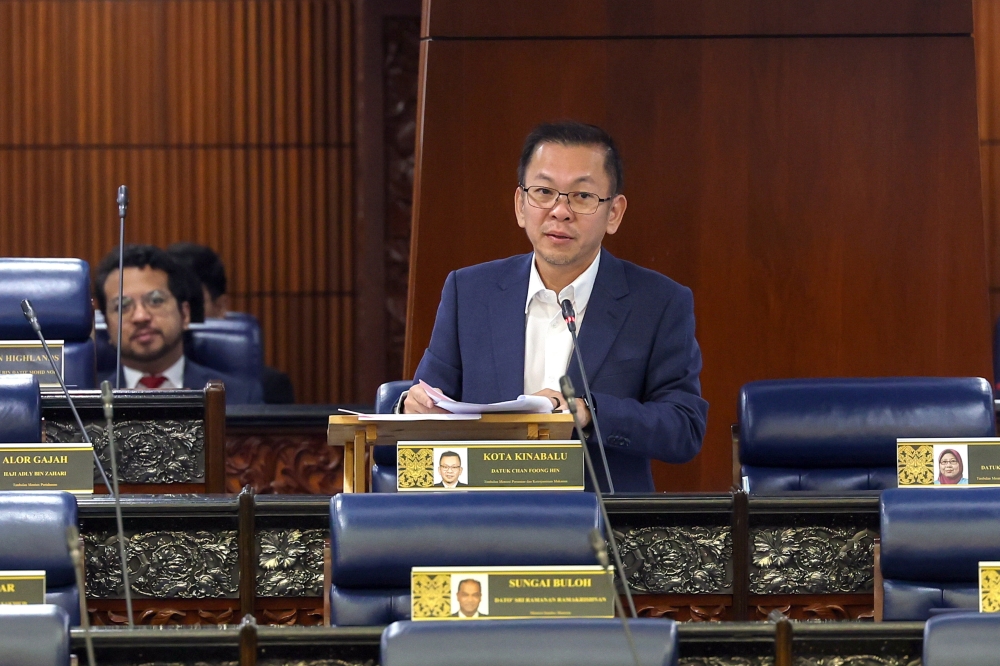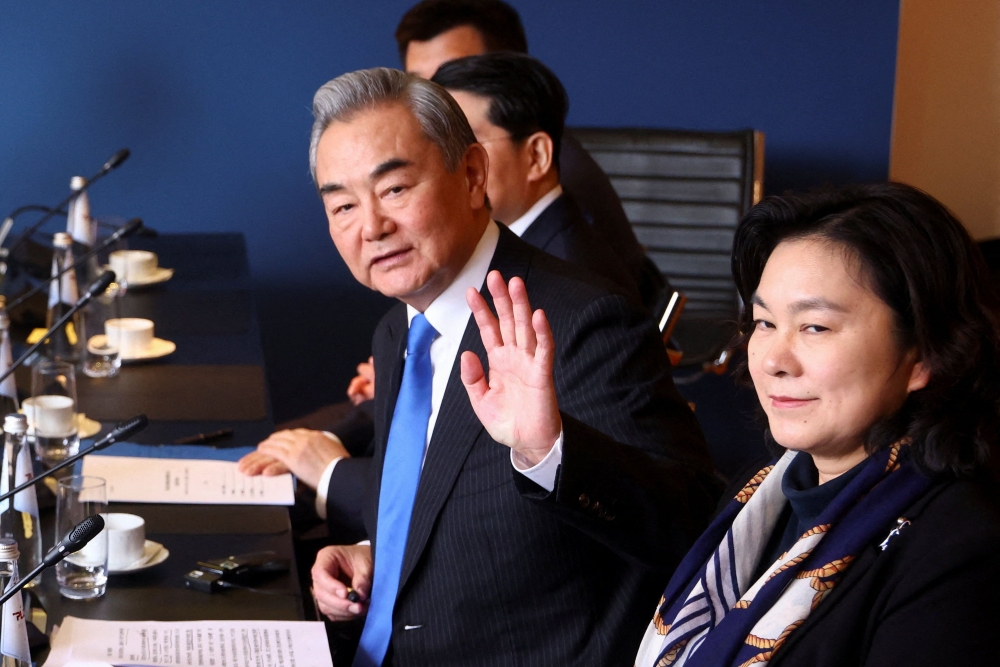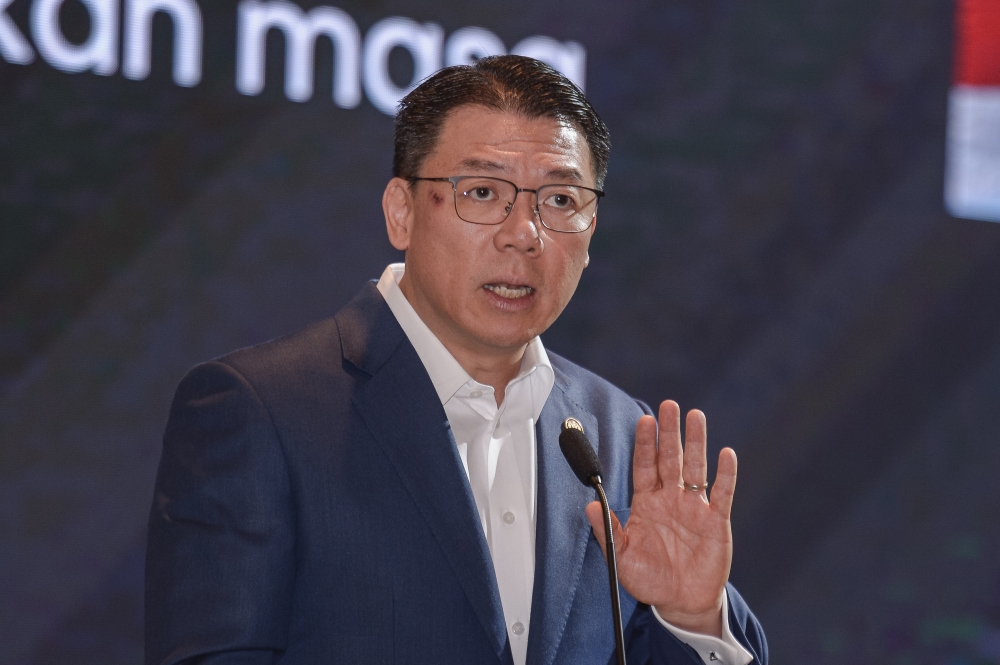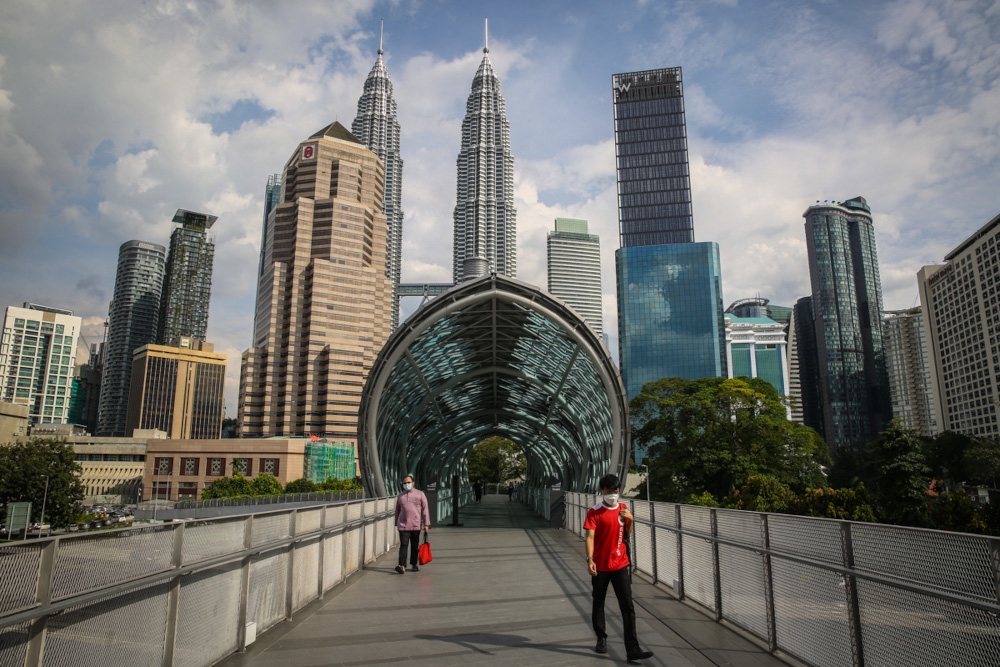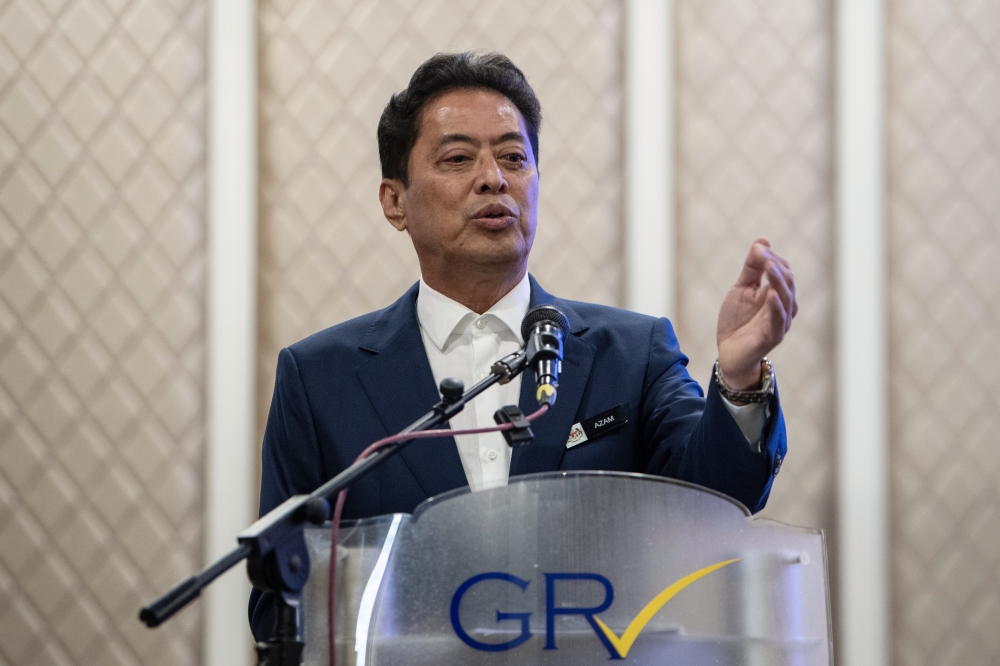May 31 — When I told my 29-year-old sister the topic of my column today, she simply rolled her eyes and said, “Politics is boring.”
My 25-year-old brother doesn’t bother reading the news much either.
A vox pop by Astro Radio News among Chinese speakers of various ages showed that most of them did not know who the various ministers were when shown their photographs, saying that they only knew the prime minister was Tun Dr Mahathir Mohamad.
Pakatan Harapan (PH) successfully passed its first year in office without incident, like a normal democracy.
Under Dr Mahathir’s leadership, Malaysia’s first-ever change of government happened peacefully, unlike the recent Jakarta riots that killed at least eight people after Jokowi won Indonesia’s presidential election.
Despite political drama seemingly happening every other week, the fact is... Malaysia isn’t exactly in dire straits. We are not in crisis. Things are status quo, with just a different party behind the wheel pushing familiar policies that are not terribly radical.
Malaysia Baharu is just as centralised as Malaysia Lama, as power is concentrated in the hands of the prime minister and very few others.
This means any perceived instability in the top echelon of government affects investor confidence.
Malaysia’s gross domestic product (GDP) expanded 4.5 per cent in the first quarter of the year from a year ago, down from 4.7 per cent in the fourth quarter of 2018.
Business sentiment has cooled, reportedly due to a “continued lack of clarity on economic policies”, as cited by an Ipsos Business Consulting survey of 250 businesses.
The ringgit has fallen this year, while Malaysia’s stock market is the only Asian one in the red in 2019.
A regional fund manager was quoted as saying it was difficult to have a positive outlook of Malaysia in light of “political infighting.”
As if the transition date of maybe two years or mid-term or whenever to hand power to PKR president Datuk Seri Anwar Ibrahim is not vague enough, Dr Mahathir said recently that he may even stay as PM for three years.
Political stability is a prerequisite for effective governance, so that policymakers can focus on the boring job of governing without looking over their shoulders for the next political intrigue.
Citizens and businesses need to be clear about who is in charge, the duration of the lawmakers’ office, and the government’s preferred policies.
Dr Mahathir did a splendid job of ensuring a peaceful transition of power and of keeping PH together for the past one year. His job is done.
Everything else is normal governance problems that another prime minister can easily handle.
Politics is so humdrum now that some Malaysians don’t even bother reading the news or finding out who is in the Cabinet. Basically, our country isn’t in such terribly bad shape that only one person can “fix” it.
It is also painfully awkward to see Anwar attending international events like the 14th summit of the Organisation of Islamic Cooperation (OIC) in Mecca today, as if he and not his wife, Deputy Prime Minister Datuk Seri Dr Wan Azizah Wan Ismail, is representing Malaysia.
Anwar must take over now, not only to ensure political stability, but also to craft a national vision as the leader of Malaysia’s first multiracial party in power.
Malaysia’s past six prime ministers have all come from Umno. Dr Mahathir’s new party, Bersatu, follows Umno’s Malay-only membership structure and Malay-first ideology.
Umno worked in the past because it governed together with MCA and MIC under Barisan Nasional (BN) to collectively represent the Malays, Chinese and Indians respectively — separate but equal, though Umno was the first among equals.
The 2018 election killed the BN model. That means Malaysia needs a new narrative of governance.
Anwar and his multiracial party, PKR, represent that new narrative.
PKR vice-president Rafizi Ramli told me that his party has about 950,000 members, out of which 45 per cent are Malay, 25 per cent Indian, 20 per cent Sabah and Sarawak, and 10 per cent Chinese.
Non-Malays comprise about 37 per cent of PKR’s central leadership council (MPP), smaller than the ratio in the overall party membership, but still not too bad.
PKR is a party that looks like Malaysia.
It isn’t so much the fact that Anwar must be PM just because he was promised the job two decades ago, but about who he and his party represent.
With Anwar who is from a multiracial party as PM, the national psyche changes.
No longer will government be delineated along racial lines as a result of race-based parties.
Anwar’s critics charge that he was responsible for the Islamisation of Malaysia. He also continues to say things like he wants to be known as a leader who defends Islam. It all seems so unnecessary — but as long as the Chinese continue supporting PH (as shown in previous by-elections), while Malay-Muslims are perceived, rightly or wrongly, to remain cool towards the ruling coalition –- PH leaders will keep saying things like these.
In any case, while the adage “it’s the economy, stupid” most certainly applies to Chinese voters, it is uncertain if cost of living matters more than identity politics to Malays.
One of my pet peeves about PKR has always been their lack of ideology. Being multiracial itself means nothing if a party doesn’t have a specific policy platform, be it conservative or liberal in the economic and social dimensions.
PKR’s ambiguity has so far helped it navigate between the pro-Malay and pro-Chinese ideologies espoused by their PH allies.
While this may not have been an issue when PKR was in the Opposition, as a ruling party headed by the next prime minister, PKR cannot govern Malaysia aimlessly as a “moderate” party with the vague objective of promoting “people’s welfare”, without specifying how it plans to do so.
There are different ways of developing the country — promote capitalism so that businesses can create more jobs and provide more competitive goods and services, or go the socialist route of having the State provide everything despite a tiny taxpayer base.
When PKR finally figures out what it wants to stand for — whether it wants to be more Labour or Conservative, Democrat or Republican — this can encourage other parties to adopt race-blind ideologies too.
Why Anwar and not Datuk Seri Azmin Ali? Azmin can always be PM since he is from PKR too, but he chose not to challenge Anwar for the presidency in the 2018 party election.
If he wants to, he can always run for PKR president in the next party election so that he can position himself as PM-elect when PH enters the 15th general election.
* This is the personal opinion of the columnist.






